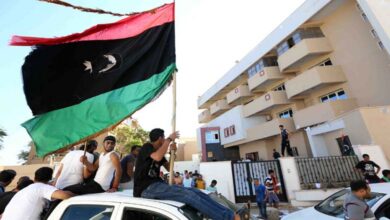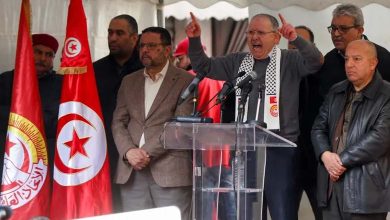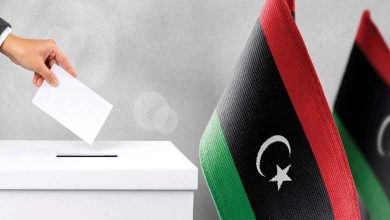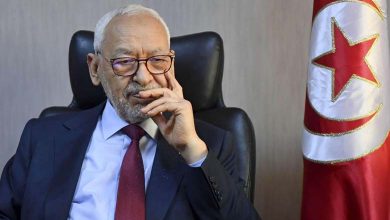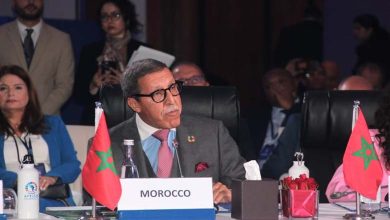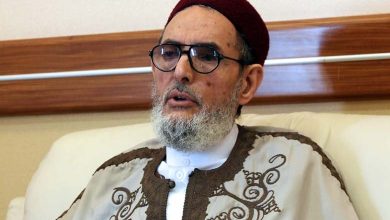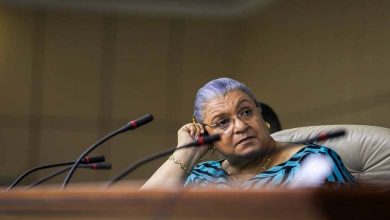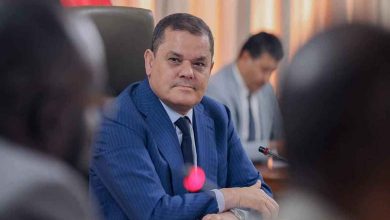Morocco resists a minority seeking to disturb its relationship with the EU
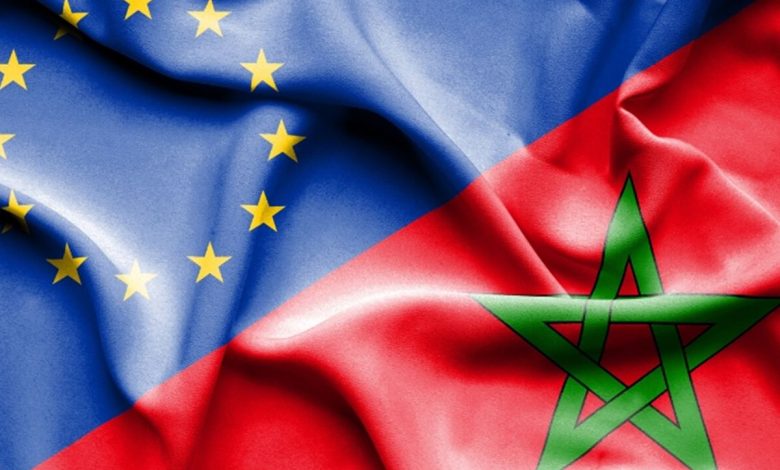
Morocco is resisting a minority within the EU that is seeking to damage the kingdom’s relations with the EU, which have been strengthened in recent years in various fields, angering regional opponents like Algeria.
Morocco’s government spokesman Mustapha Baïtas accused, Thursday, the European Union (which he did not name), of targeting his country, describing it as a “minority,” following criticism against the European Union’s foreign policy chief Josep Borrell, following his visit to Morocco on January 5 and 6, in a premeditated attempt by some lobbies angry at the size of the partnership between Morocco and the European Union to get Rabat involved in a case related to the payment of funds in the European Parliament to influence European policies, in which Qatar is involved.
Morocco rejects the campaign that targets it from lobbies, some of which are paid by Algeria, and aims to harm the interests of the Kingdom in Europe by spreading false information, after Rabat’s successes have worsened regionally and internationally, especially with regard to strengthening its economic, commercial and political partnerships with Europeans and with Western partners, led by the United States.
“Relations between Morocco and the European Union are strong and ancient and characterized by trust,” Baïtas said at a press conference held after the meeting of the Council of Government in the capital Rabat, stressing that his country is keen to strengthen and develop these relations, but unfortunately there is a minority who are upset with them and who are trying to target Morocco either in the media or through certain institutions.
Morocco treats these actors as a minority, while there are other large areas of cooperation and partnership in the EU, he added.
During a press conference with Borrell in Rabat earlier this month, Moroccan Foreign Minister Nasser Bourita called for protecting his country’s partnership with the EU from “continuous attacks and judicial and media harassment within European institutions, especially the European Parliament.”
The Moroccan Foreign Minister said at the time that his country was subjected to continuous judicial and media harassment, and attacks within European institutions, especially the European Parliament, through questions aimed at Morocco to settle scores and damage the privileged partnership that binds it to the European Union.
Borrell’s visit came after Morocco turned the page on disagreement with him. Last September, Rabat canceled a bilateral meeting scheduled in the Moroccan capital with the European official in protest of his statements on a Spanish channel pertaining to the Moroccan Sahara issue.
“In 10 years, trade between Morocco and the EU has tripled, and in 2021 it exceeded 45 billion euros ($47.7 billion).” This has aroused anger after the regional bodies escalated the volume of cooperation.
Regarding judicial harassment, Bourita said that Morocco “highlighted, through Moroccan King Mohammed VI (via a televised speech in August 2022), that the Sahara issue is the world’s vision, and that it is the criterion by which the sincerity of friendships and the efficiency of partnerships are measured.”
In September 2021, the European Court of Justice (ECJ) ruled that two EU Council decisions, relating to two agreements concluded by Morocco and the bloc on fisheries and agriculture, covering the coasts and products of the Sahara region, are to be overturned.
The court’s decision follows complaints made by the “polisario” Front against the two agreements, which include the coasts and products of the Sahara region, indicating the separatist front’s attempts to harm the interests of the Moroccan people, paid by Algeria.
The polisario has sought to harm Morocco’s interests in Europe by forming lobbies that seek to tarnish the image of Rabat, especially in a number of European parliaments, like the French parliament, which received a delegation from the Front a few months ago, which has negatively affected Moroccan-French relations.
The scale of EU cooperation with Morocco, as well as the recognition by a number of influential European countries, such as Spain and Germany, of the Moroccan autonomy project, underscore the failure of all these policies and schemes.



